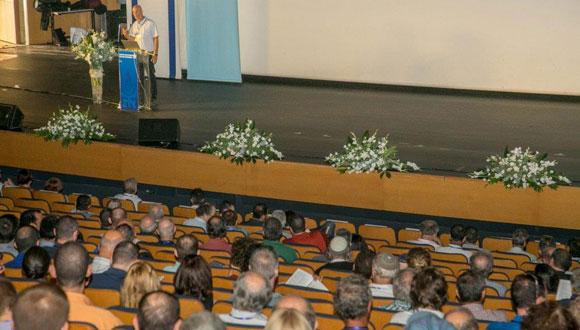Physics Colloquium: Diffusion in Porous Materials: Insights, Surprises and Challenges
Jörg Kärger, Leipzig University
Abstract:
Stimulated by their thermal energy, atoms and molecules are subject to an irregular movement which, in the course of history, has become known under the term diffusion. Diffusion is a universal phenomenon of mass transfer occurring in all states of matter. It maintains the functionality of living cells and forms the basis of numerous technological processes. Today, in a more generalized sense, essentially any type of stochastic movement may be referred to as diffusion. The moving objects are quite different and include, besides particles like atoms and molecules, also human beings, animals, plants and bacteria, and even abstract terms like ideas, rumors, innovations and linguistic features. By way of introduction, my talk will describe generally the application of diffusion theory to such different fields. The omnipresence of diffusion in nature makes it a key phenomenon for technology enhancement, as well as an attractive topic of fundamental research. Both features became particularly pronounced over the past few years with studies of diffusion of guest molecules in nanoporous materials. The development of nanoporous host materials with pore diameters of molecular dimensions has revolutionized large scale material separation and conversion processes and has stimulated efforts to develop a fundamental understanding of the host-guest interactions. Diffusion studies in nanoporous materials have been notably enhanced recently by two major new techniques; namely pulsed field gradient (PFG) NMR and microimaging by interference and IR microscopy (IFM, IRM). Considering ensembles of guest molecules, these techniques are able to directly record mass transfer phenomena over distances of typically micrometers. My talk will highlight the potential of these microscopic techniques for diffusion measurements.
Event Organizer: Prof. Marek Karliner


